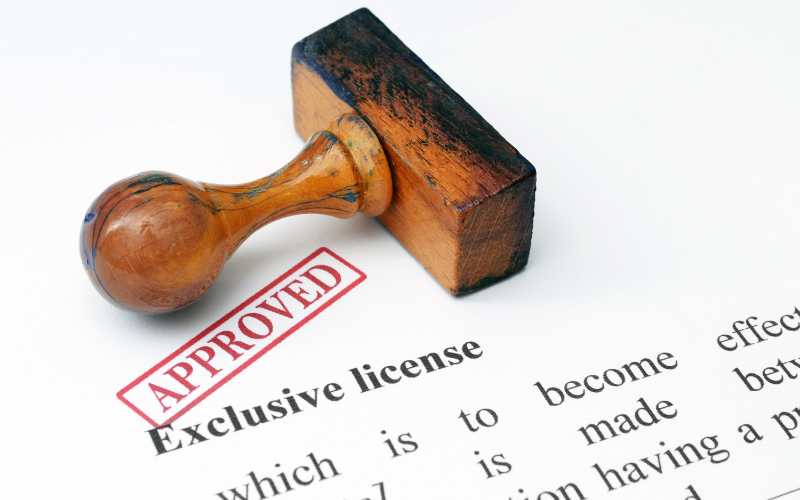
What Is a Handyman?
A handyman is a versatile individual skilled in various repair, maintenance, and minor improvement tasks around the home or workplace. Their expertise typically spans across multiple trades, including carpentry, plumbing, electrical work, and general handywork. From fixing leaky faucets and repairing broken doors to assembling furniture and installing light fixtures, a handyman’s role is to tackle a wide array of projects efficiently and effectively. They often serve as the go-to solution for homeowners or businesses seeking prompt, reliable assistance with tasks that don’t require the specialization of licensed professionals. In essence, a handyman is the jack-of-all-trades, offering convenience and expertise for a variety of small-scale projects.

How Do I Start a Handyman Business?
Starting a handyman business requires careful planning and execution. Begin by assessing your skills and determining the services you’ll offer, whether it’s carpentry, plumbing, electrical work, or general repairs. Next, create a handyman business plan outlining your target market, pricing structure, marketing strategies, and financial projections. Register your handyman business, obtain any necessary licenses or permits, and secure insurance coverage to protect yourself and your clients. Set up a professional workspace and invest in quality tools and equipment.
Establish an Online Presence for Your Handyman Business
Establishing an online presence is crucial for any type of business in today’s digital age. Begin by creating a professional website that showcases your services, expertise, and contact information. Utilize social media platforms like Facebook, Instagram, and LinkedIn to engage with potential customers and promote your handyman business. Regularly update your website and social media profiles with fresh content such as project photos, client testimonials, and helpful tips related to your industry. Consider investing in search engine optimization (SEO) to improve your website’s visibility in online searches. Additionally, maintain a consistent brand image across all online platforms to build trust and recognition among your target audience. By effectively establishing an online presence, you can reach a wider audience, attract new customers, and ultimately grow your handyman business.
Create a Service Contract
Creating a service contract is essential for establishing clear expectations and protecting both parties in a business transaction. Start by outlining the scope of work, including specific tasks to be performed, timelines, and any materials or equipment required. Clearly define the payment terms, including rates, payment schedule, and any additional fees or expenses. Incorporate clauses regarding liability, warranties, and dispute resolution to mitigate potential conflicts. Ensure that both parties thoroughly review and understand the contract before signing to avoid misunderstandings or disagreements down the line. A well-crafted handyman service contract not only provides peace of mind but also serves as a legally binding document that outlines the terms and conditions of the agreement, fostering transparency and professionalism in your handyman business dealings.

Get The Required Handyman Business License for Your State
Obtaining the necessary handyman license for your state is crucial for legitimizing your business and ensuring compliance with local regulations. Start by researching the specific licensing requirements in your state, as they can vary widely. This may involve completing certain educational courses, obtaining relevant work experience, or passing a licensing exam. Additionally, you may need to provide proof of insurance and bond coverage to protect yourself and your clients. Once you’ve met all the requirements, submit your application and any required documentation to the appropriate licensing authority. Upon approval, you’ll receive your handyman license, allowing you to legally operate your handyman business within your state. Remember to renew your license as required and stay informed about any updates or changes to regulations to maintain compliance and uphold the professionalism of your handyman services.
Purchase Handyman Tools and Equipment
Equipping yourself with the right tools and equipment is essential for running a successful handyman business. Start by making a list of the basic tools needed for your specific services, such as hammers, screwdrivers, wrenches, pliers, and power drills. Invest in high-quality tools that will withstand frequent use and deliver reliable performance. Consider purchasing specialty tools for more specialized tasks, such as pipe wrenches for plumbing repairs or electrical testers for troubleshooting electrical issues. Additionally, stock up on safety gear like gloves, goggles, and dust masks to protect yourself while working. As your handyman business grows, you can gradually expand your tool collection to accommodate a wider range of services. By investing in quality tools and equipment, you’ll be better equipped to deliver top-notch service and meet the needs of your clients efficiently.